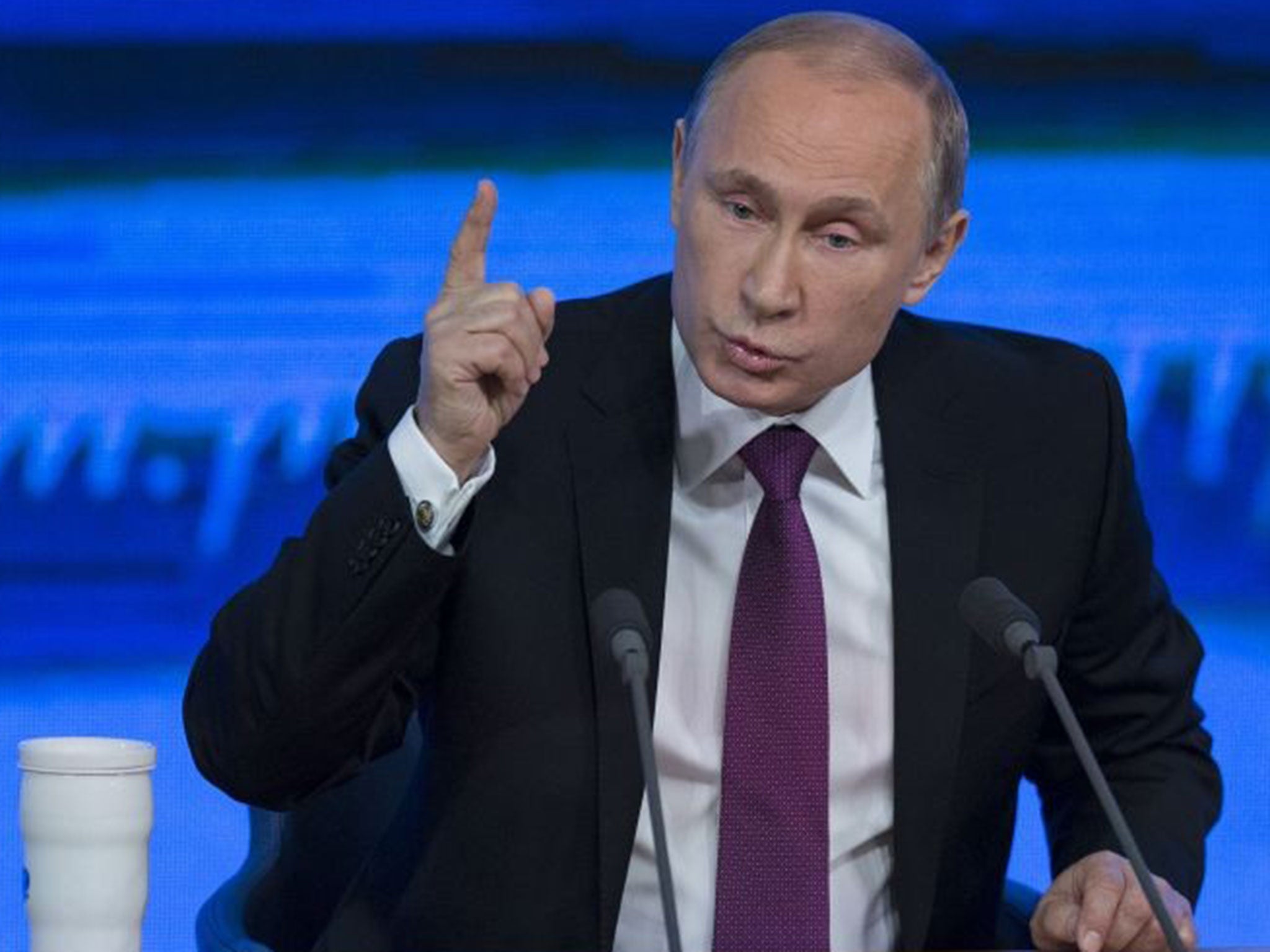Rouble trouble: Russia forecasts economic slump as bailed-out bank gets more funds
Rouble slips despite government pressure on exporters

Russia looks set for a steep recession in 2015, its finance minister has admitted, as he stepped up the bailout of the first bank to teeter in the face of the collapsing rouble.
Western sanctions imposed during the Ukraine crisis has caused foreign investors to leave the country in droves, which, together with the current slump in oil prices, has caught the Russian economy in the jaws of a trap that's pummelling the rouble and tanking the economy.
The Russian government is now desperately attempting to sure up its major banks and find a way out of its deepening currency crisis. One such gambit has been a sudden hike in the interest rate, but economists remain doubtful that it will help.
Finance Minister Anton Siluanov predicted that the economy could shrink by as much as four per cent in 2015, which would be Russia's first contraction since 2009, if oil prices maintained their current level of $60 a barrel.
9 controversial Putin quotes
Show all 9Siluanov also said the country would run a budget deficit of over three per cent next year if the oil price did not rise.
"Next year we will, without doubt, have to bring the Reserve Fund into play," he said, referring to one of Russia's two rainy-day funds intended to support the economy at times of crisis.
Crude prices have almost halved from their June peak amid a global glut and a decision by producer group OPEC not to cut output. Saudi Arabia said on Friday it was prepared to withstand a prolonged period of low prices.
"We need to have our budget break even at $70 per barrel by 2017," said Siluanov.
Russia's government imposed informal capital controls this week, including orders to large oil and gas exporters Gazprom and Rosneft to sell some of their dollar revenues in a bid to shore up the rouble.
Russians have kept a wary eye on the exchange rate since the collapse of the Soviet Union, when hyper-inflation wiped out their savings over several years in the early 1990s.
The rouble's will inevitably lead to higher inflation next year, which after years of stability threatens President Vladimir Putin's reputation for ensuring Russia's prosperity.
Additional reporting by Reuters
Subscribe to Independent Premium to bookmark this article
Want to bookmark your favourite articles and stories to read or reference later? Start your Independent Premium subscription today.

Join our commenting forum
Join thought-provoking conversations, follow other Independent readers and see their replies